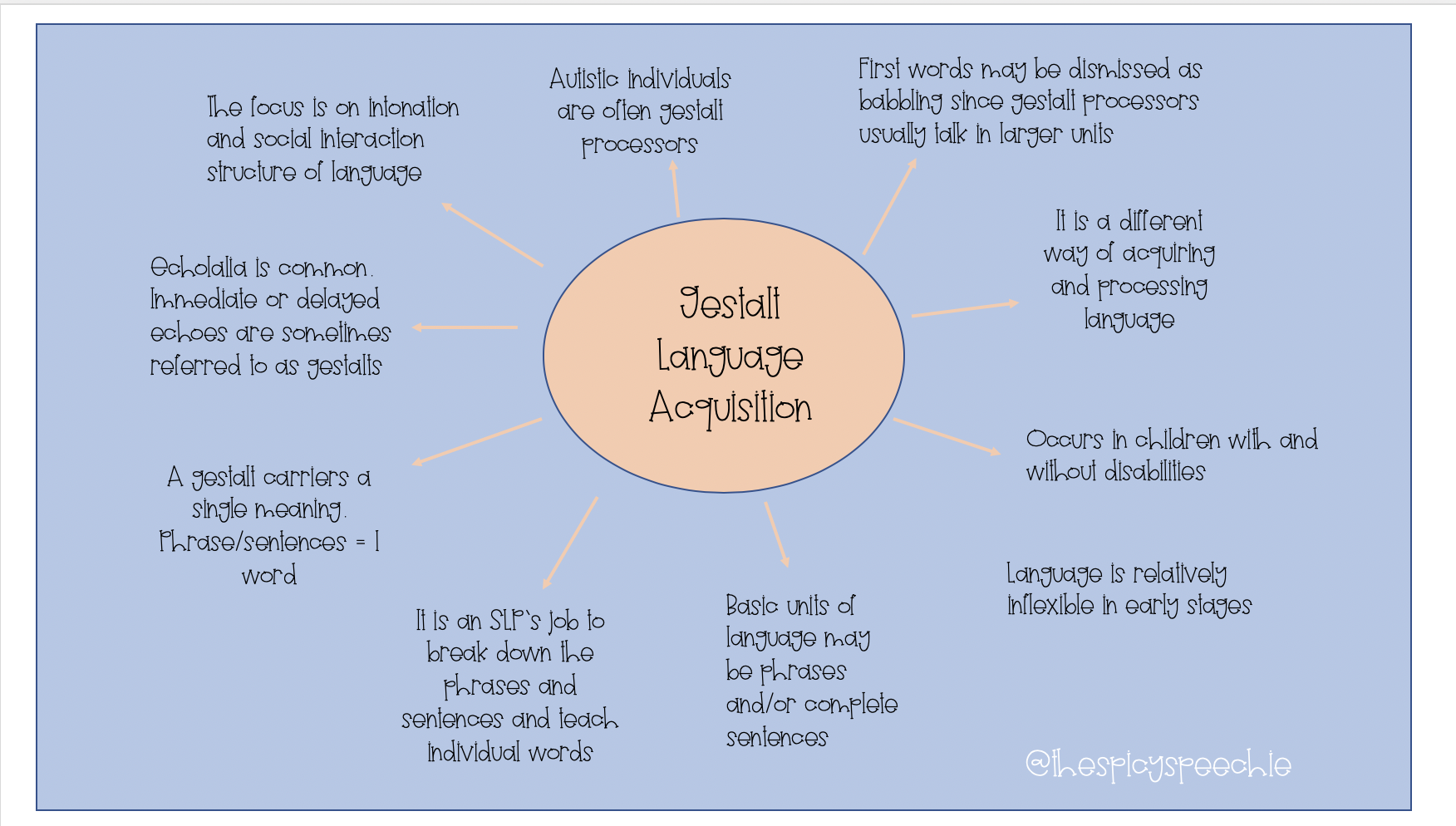The Benefits of Wordless Picture Books
Many parents go to great lengths to find the perfect books to share with their children. Parents often select traditional books with text embedded. At times, picture books with an abundance of text can become difficult for children to process and for parents as they try to simplify and narrate stories. Many parents rely heavily on reading books verbatim to their children and for children who struggle with decoding, traditional children’s books can appear daunting to work through. Research shows that wordless picture books can be advantageous for developing both reading and language skills in children. Wordless picture books which rely primarily on pictures to tell their story are said to promote narrative language skills, vocabulary development, creativity, and higher-level




